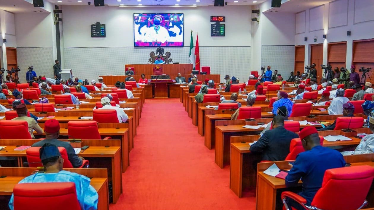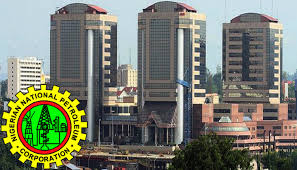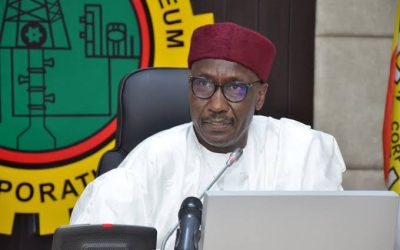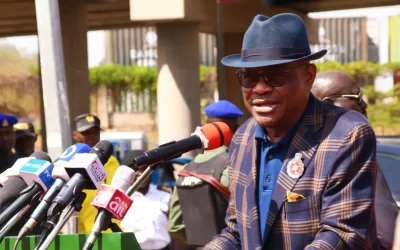The International Monetary Fund (IMF) has expressed concerns that President Bola Tinubu’s economic reforms in Nigeria are struggling to deliver meaningful results, 18 months into their implementation. This assessment was shared by IMF Deputy Director Catherine Patillo during a presentation at the Lagos Business School.
Key Challenges
Nigeria’s growth rate, currently at 3.19%, falls short of the 3.6% average economic growth rate projected for sub-Saharan Africa in 2024. The country’s inflation rate has also resumed its upward trend, reaching 33.8% – far exceeding the 21% target for 2024.
Economic Instability
- Exchange Rate Instability: Nigeria’s local currency depreciation and instability remain a concern, unlike other countries in the region experiencing reduced foreign exchange pressures.
- Debt Servicing Burden: Rising debt service obligations consume substantial portions of revenue, limiting resources available for development.
- Social and Political Challenges: Political unrest, public dissatisfaction, and tight financing conditions hinder reform implementation.
The IMF suggests Nigeria adopt measures to mobilize public support for deep structural changes, focusing on communication, reform design, compensatory measures, and rebuilding trust in public institutions.














0 Comments